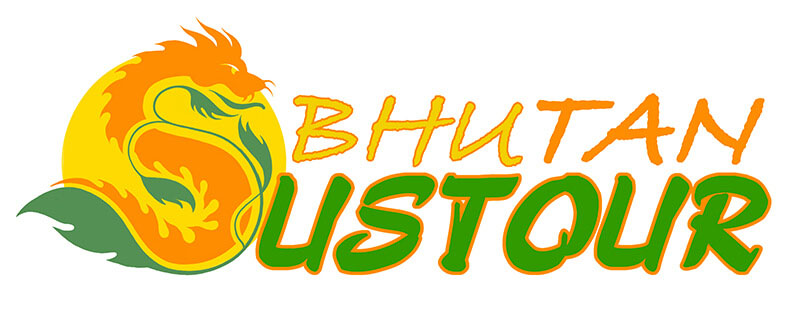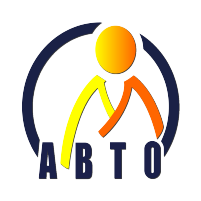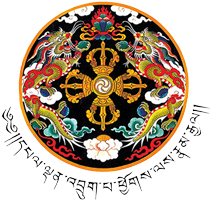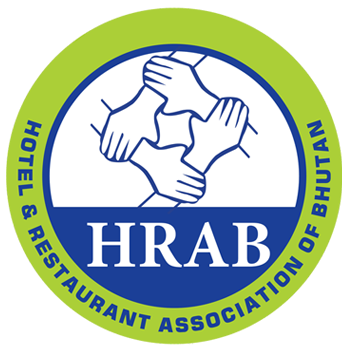About Us
Are you a...?
tourism entrepreneur, sustainability professional, destination manager, tourism developer, or part of a capacity-building organization? Then this forum is made for you — don’t miss out!
Are you a...?
tourism entrepreneur, sustainability professional, destination manager, tourism developer, or part of a capacity-building organization? Then this forum is made for you — don’t miss out!
About Event
What the Forum Aims to Achieve?
The Regenerative Bhutan Forum explores pathways to rebuild tourism on regenerative principles. Our aim is to share our insights and hopefully inspire regional communication, share wisdom and work together towards a regenerative future. Our conference program is based on 4 key elements:
Circular Thriving Economy
Community Well-being
Cultural & Natural Heritage
Purposeful Communication
Bhutan
Why Join us in Bhutan?
Bhutan is considered one of the greenest countries in the world, where tourism is a significant source of foreign income and a key economic driver. Tourism can be a positive driving force, contributing to a circular thriving economy, strengthening community well-being, and supporting cultural and natural heritage. Bhutan’s integrated tourism plan goals are to actively improve environmental and cultural assets, empower local communities as tourism leaders; create deeper connections between visitors and places; and transform tourism from a community impact to a community-led initiative.
A central theme of the conference is the operationalization of GNH within the tourism value chain. By recognising that economic and social transformation must be both systemic and situated, this conference will propose models, policy strategies, and enabling infrastructures that can be adapted to local contexts, while informing national and international development agendas.
At the heart of developing Regenerative Tourism are practical steps built on experience and insight. Please join us as we share how tourism is successfully re-establishing itself in Bhutan by making the country even greener.
Themes
Key Themes
1. Carbon Footprint measurement in Tourism
Bhutan is dedicated to carbon neutrality and minimizing tourism’s emissions. Over a decade ago, ABTO Carbon Footprint Project calculated the CO2 footprint of tourism products, identifying areas for improvement, and the concept of Low Carbon Tours was developed by focusing on activities, accommodation, local cuisine, community benefits, and transport. However, adoption remained low due to commercial demands and a lack of enthusiasm among international travel companies to support the initiative.
Accordingly, SUSTOUR Bhutan recognised that an improved model for sustainable experiences, emphasizing quality and sustainability standards, was required to excite the industry and stimulate demand. A new assessment system of 16 permanent products included addressing waste management and transport management, improved the visitor experience and reduced costs. This improved approach ‘packaged’ the permanent products into attractive itineraries that appealed to international and domestic markets. In recent years, this approach has been expanded to take a more holistic view of tourism resulting in linking carbon impacts with the Bhutan Green Hotel Standard, the Bhutan Tour Operator Standard, using a Greenhouse Gas Emission Tool (GHGe Tool), forming an industry platform for all stakeholders.
The new GHGe tool has improved accuracy by covering various aspects of tourism. Government and SUSTOUR initiatives have impacted GHG emissions, including transport electrification, training of green supply networks, and the Eat Local Campaign. Human-powered activities and integrated waste management plans also contribute to reducing emissions and broader sustainability goals. Future recommendations include developing a social impact assessment system, enhancing positive social impacts, and localising GHGe data sets.
2. Development and Adoption of National Standards for Green Hotels and Tour Operators
Currently, hotels serving tourists in Bhutan are evaluated based on the Hotel Classification System, which primarily emphasises guest experience, infrastructure, and technical specifications, with limited focus on sustainability practices.
To address this gap, the Bhutan Green Hotel Standard was developed through a collaborative effort involving the SUSTOUR Bhutan (an EU funded project under the Switch Asia Programme led by Association of Bhutanese Tour Operators in partnership with the Hotel and Restaurant Association of Bhutan), the Department of Tourism, the Bhutan Standards Bureau, and BIOFIN/UNDP. A technical working committee comprising representatives from these organizations was established to lead the development process.
Over a two year period, extensive consultation workshops were held with key stakeholders, including hotel operators and relevant government agencies, to ensure the standard was comprehensive and practical to implement. The overarching goal was to develop a national standard that would enhance quality in ways that any business owner could manage.
Once finalised, the Standard was submitted to the Bhutan Standards Bureau for formal review. Upon approval by the Bureau’s Board, the document was published on the Bureau’s official platforms and made available to the public. Feedback was invited over a one-month period using a standardised comment format submitted in hard copy.
The Bhutan Green Hotel Standard was officially endorsed by the Bhutan Standards Bureau in December 2023 and is scheduled for formal launch in August 2025. This timeline allowed for adequate preparation, capacity-building of assessors and awareness campaigns among industry stakeholders to facilitate a smooth transition and effective implementation across Bhutan’s hospitality sector.
3. Greener Supply Chains from Local Producers to Hotels and Tour Operators
Greening supply chains in tourism involves integrating regenerative practices across all aspects of the tourism industry’s operations in a destination, from sourcing and transportation to accommodations and tourism attractions. Key initiatives embrace waste minimisation and reducing resource consumption, promoting eco-friendly transport, and supporting local, sustainable products. By actively greening their supply chains, tourism businesses can contribute to positive environmental impacts while also ensuring social well-being and economic benefits for local communities.
In the SUSTOUR Bhutan project, between 2022 and 2025, 100 tour operators, almost 50 guides, and 100 hotels were trained to review and plan more effective sourcing strategies. This included prioritisation of local products and services, especially from agriculture and handicraft products, diversifying renewable energy inputs, implementing zero waste goals and improving effective waste management strategies, and introducing responsible water management practices. The guide training included a sustainability impact game to relate a greener supply chain to their own tour programs and therefore has a direct link to quality experiences.
SUSTOUR Bhutan took a proactive and granular approach when identifying topics, challenges and opportunities to green supply chains. By working with the Department of Agriculture Marketing and Cooperatives and the Handicraft Association of Bhutan to identify individual farmers and handicraft producers, training programs could be tailored on greening their operations and then matching them with the tourism industry. In the conference, a few organizations involved in greening the agriculture and handicraft supply chains in Bhutan are invited to present how they made their tourism supply chains greener.
4. Integrating sustainability into branding and marketing strategies.
Regenerative tourism is about teamwork between travelers and the destination, built on shared values and mindful connections. Bhutan is a beautiful country renowned for its stunning landscapes, vibrant culture, and deeply rooted traditions. Guided by the principles of Gross National Happiness, Bhutan aims to ensure tourism benefits the country and its people directly and sustainably, with regenerative tourism as the key to achieve this.
Visitors to Bhutan are encouraged to protect and respect the destination through the Bhutan Pledge, contribute to the Sustainable Development Fund via the Sustainable Development Fee, and make positive choices during their stay. This creates a meaningful exchange, making every journey unique and special.
Led by Bhutan’s Department of Tourism (DoT), the “Bhutan Believe” brand transforms the High Value, Low Volume, Positive Impact policy into an invitation for travelers to actively participate in Bhutan’s regenerative vision. The brand inspires visitors to believe in nature, themselves, and a brighter shared future, inviting them to journey as guardians and partners in regeneration. It emphasizes core values of protecting pristine habitats, progressing sustainably, and celebrating Bhutan’s distinct culture and heritage.
The award-winning “Bhutan Believe” launch film, engaging social media platforms, tells the unique regenerative story of Bhutan. Smart PR and influencer policies, as well as blogger conferences, amplify the voices of local communities, artisans, and youth, empowering them to share their stories with pride and confidence.
Forum Date
Regenerative Bhutan Forum
- Dungkar Dzong, Paro Bhutan
- August 18 - 20, 2022
- 9.00 A.M. - 5.00 P.M.





